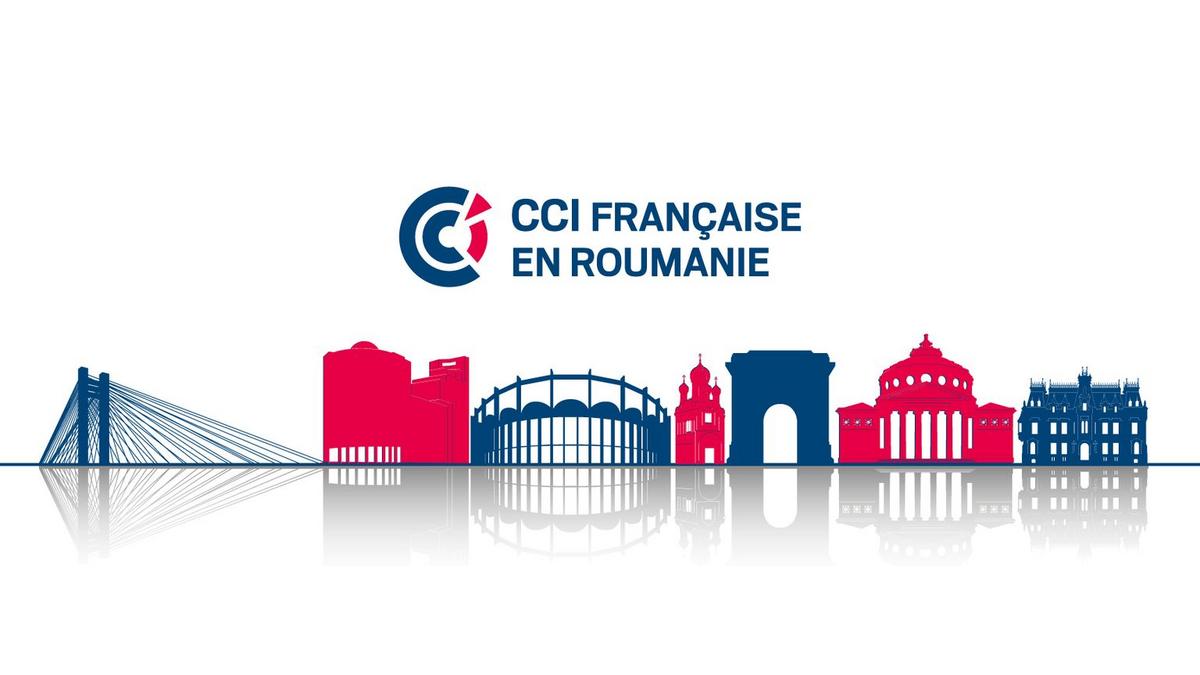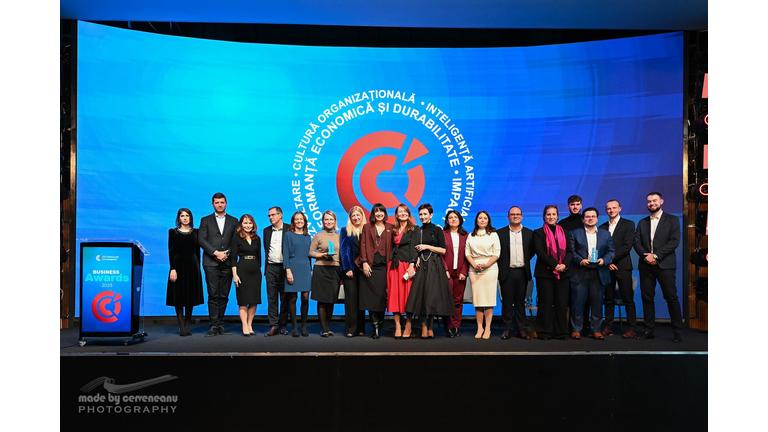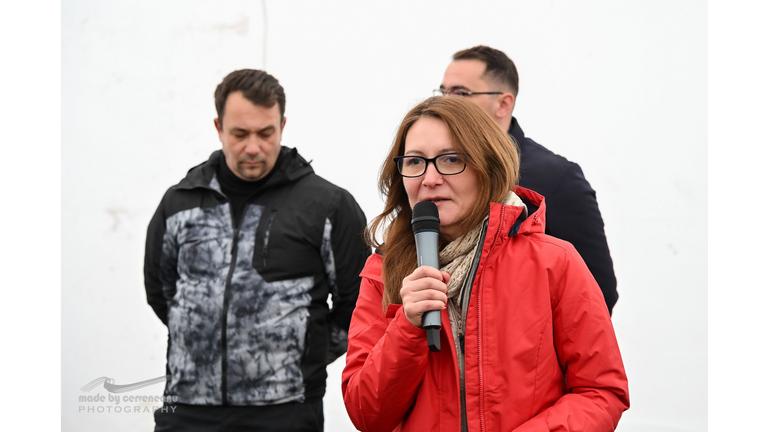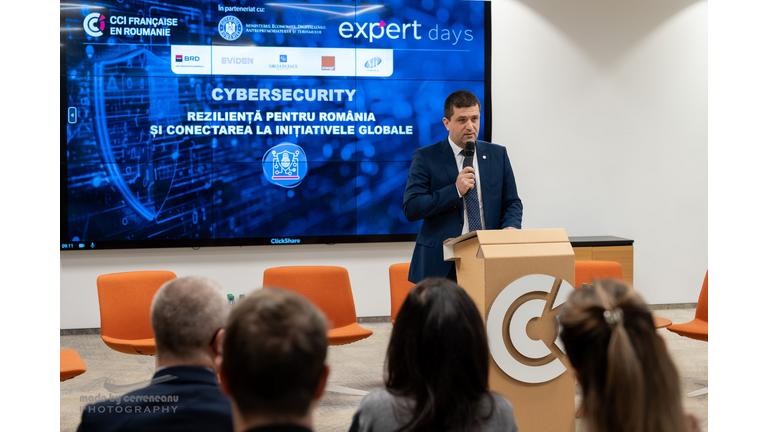Communication - Presse • Veille
#flashinfo, 19 mai. A sectorial perspective for economic recovery: BPO

On May 19th, CCIFER and ABSL - The Association of Business Service Leaders in Romania developed, in a round table, the theme of strategies organized by companies operating in the fields of BPO and Shared Services Centers, starting from the following questions : are BPO projects still a priority for companies during the health crisis? How did the BPO and SSC companies assess their financial stability?
Speakers:
- Raluca LEONTE – Executive Director WEBHELP Romania
- Mauricio MANZANO PODVERSICH - Shared Service Center Director Michelin
- Matthieu PASQUIER – CEO Société Générale European Business Services
- Dragos STEFAN – President of ABSL
Moderator: Ovidiu TOADER, Personal & Business Coach
The following aspects were presented:
- The stage of activity during the health crisis and the financial situation:
For Webhelp, a company whose annual income is generated 20% by local businesses and 80% by businesses outside Romania, the first three weeks of the crisis did not have an impact on the businesses. There was 10% impact coming from the travelling industry but that was compensated with the retail industry and the increase they had by moving online.
There are people in temporary layoff who did not have other skills to orientate, but there is no significant impact on the company's turnover.
We can describe this current situation in a few words: creativity, flexibility, because you have to adapt and technical means: security and logistics. The basis of the good delivery in this two months was the engagement of the team and the technical part that insured the necessary means and the confidence of the clients. The fact that clients allowed us to deploy work from home was a proof of confidence.
- Relationship with employees
For Michelin, it was a challenge how to manage the activities at distance, because no one was prepared for a local or global pandemic situation. The relationships with the employees went naturally at the beginning. They established a certain number of touch points at communication events in order to communicate directly with the employees – a good opportunity to put questions directly to the management of the company and give visibility.
The first step for us was to secure ways for employees to continue working and be able to gain revenues. Later, when teams saw the big impact of the work from home – family life, psychological impacts – there were put in place helplines where people could call and get support. That was the help provided to employees to handle the crisis. Also, the teams showed a big engagement to help the company.
- The relationship with the stakeholders? How to ensure the business in both Romania and India?
For Société Générale, it is a question about crisis management; no one was prepared to such a scenario of a long-term lockdown of the offices. The company is running 300 different processes and 65 are considered vital for the bank. During this period the company had to ensure to process as usual and produce results.
For their partners in France it was not obvious to accept work from home for an extended period of time. In case there are processes where work from home is not possible, they’re sending people at home and wait for them to be able to come at the office.
In terms of resilience, it was a cross country resilience from their headquarters in – India, France, Romania.
The company was surprised that the productivity was higher in work from home.
We are starting to think what will be the new normal. Will we remain like this as in proved to be efficient? What will be the position of our partners regarding near shoring/off shoring businesses, in the question of dependency of China. What will be the impact of protectionism reflex? Don’t we have concentration of processes that can represent a danger in our business?
- Overview of the industry
ABSL completely destructured and restructured their services in less than one week, they are a privileged businesses by design –they are created in order to work remotely. The companies in the business services had seen a spike initially – increase in demand and in volumes. There were requests to bring in extra staff.
We’ve seen this nearshore vs offshore trend, that is not due to the coronavirus. There is a request from our clients to bring services near shore. The pandemic has accelerated this tendency. So far, the message was that if you are from inside EU, you are fine. We cannot make accurate predictions on medium and long terms for now.


